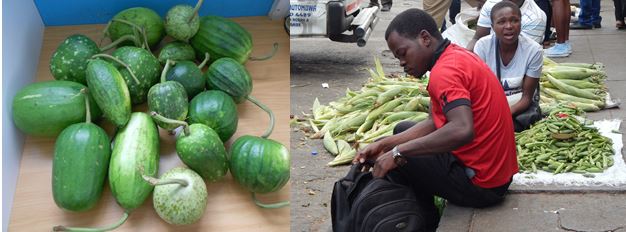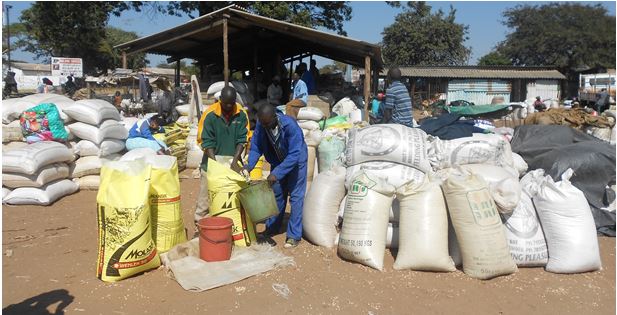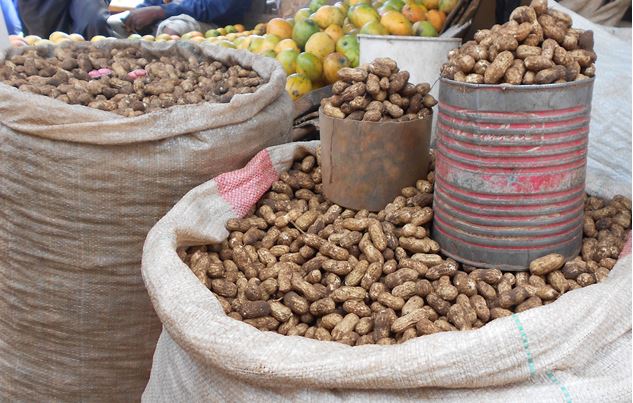Empowering communities to evaluate their knowledge
eMKambo is increasingly meeting rural communities that have been schooled into valuing tangible assets like dams and tractors at the expense of intangible assets like knowledge on how to earn more value from those assets. In agricultural communities where assets like irrigation schemes and roads have been built or rehabilitated, people are still unsure how Read more about Empowering communities to evaluate their knowledge[…]








